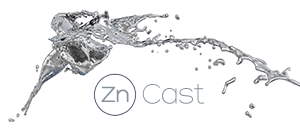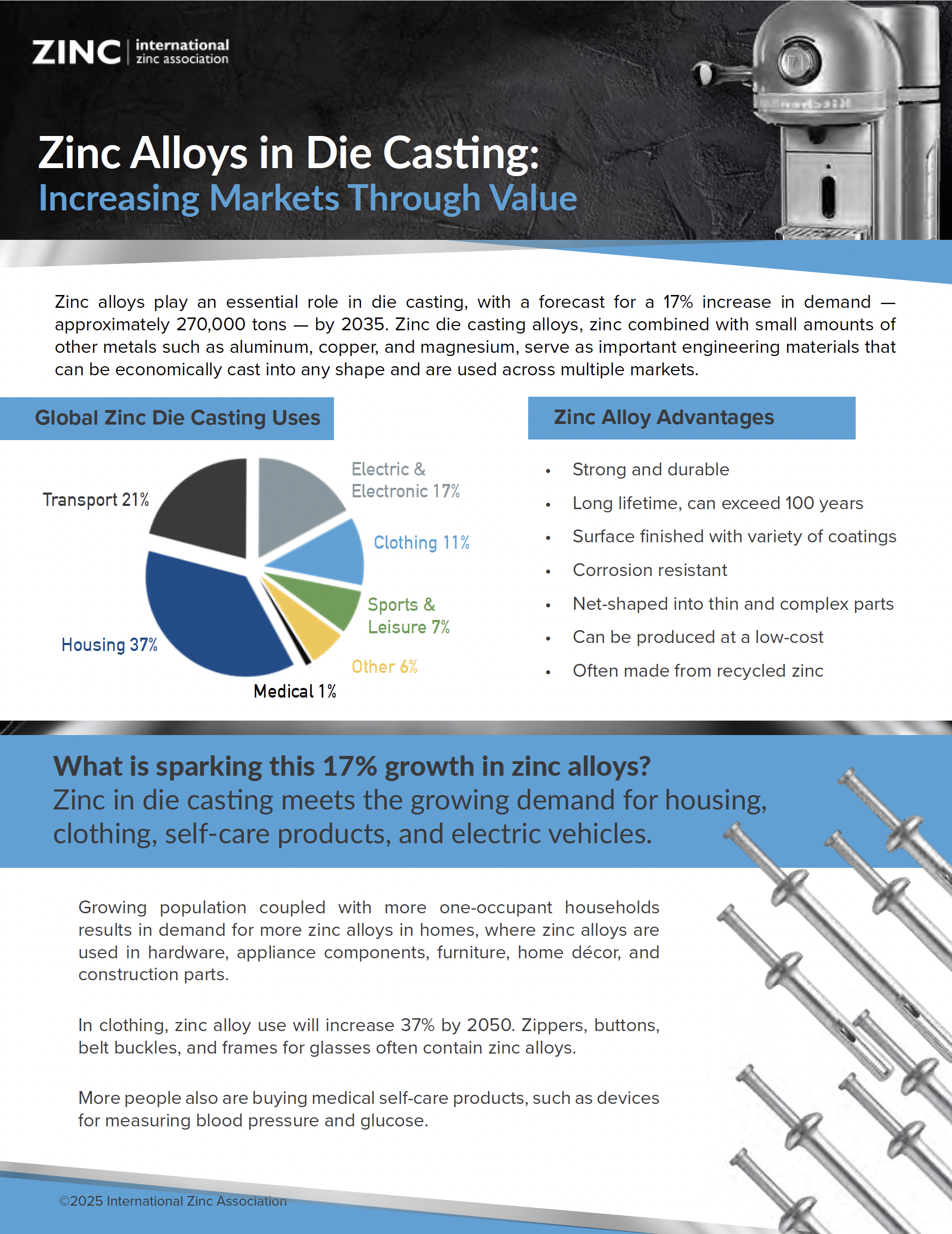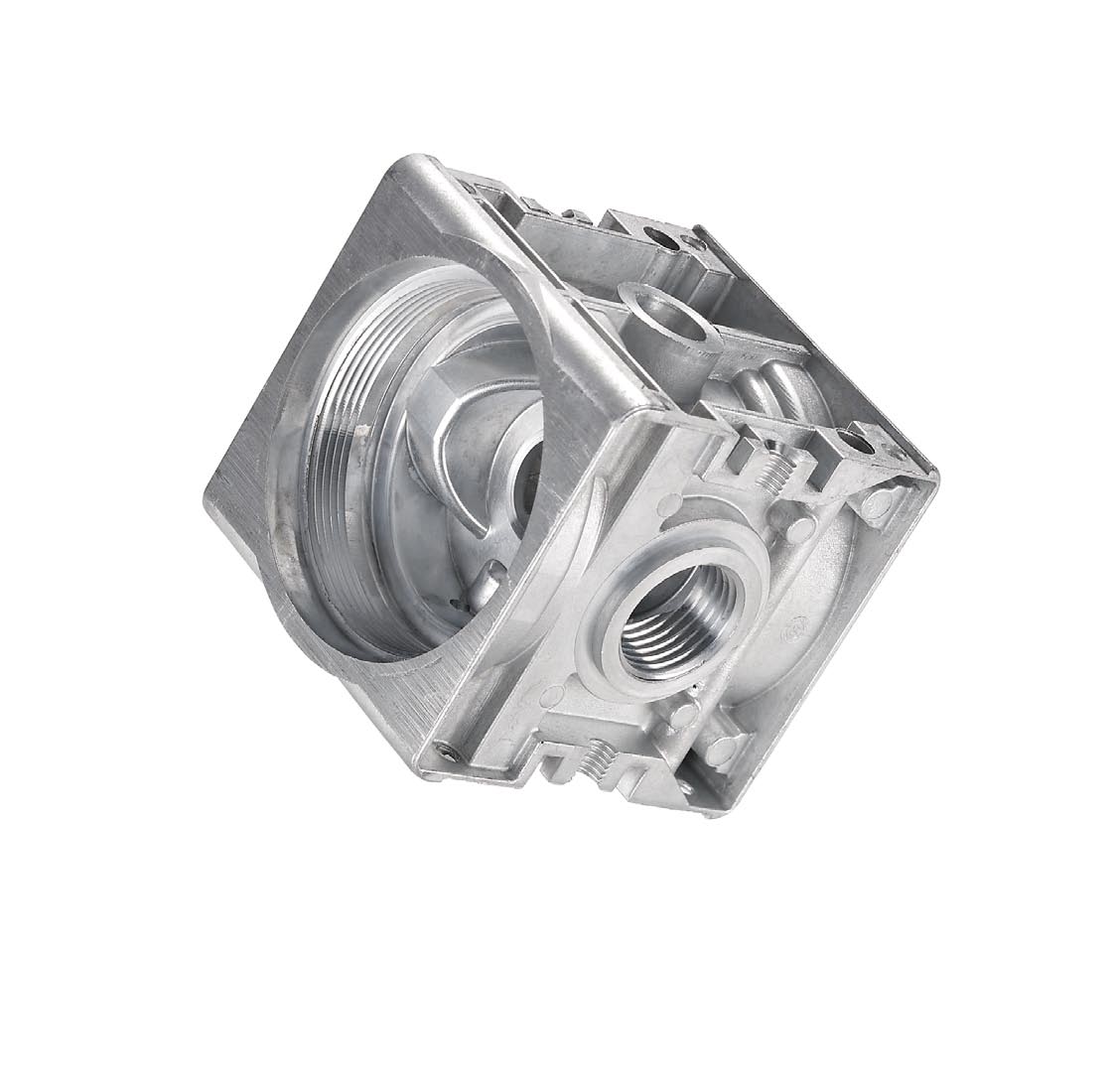The Advantages of Zinc Casting Alloys
Surface finishing
Less material is required.
Eliminate bearings & bushings.
Faster production.
Reduced assembly operations.
Choice of low, medium, and high production.
Reduced machining operations.
Extended tool life.
Zinc Die Casting Marketing Initiative
Our Affiliate Die Casting Members have helped support the videos, case studies and information contained on this site, and we hope that you take the time to learn more about these companies.
Alloys Tailored to Meet Your Needs
A Variety of High Quality Surface Finishes is Another Major Advantage.
When clever design is combined with the versatility of the zinc die casting process, it maximizes the asthetic appeal of products
Subscribe to our newsletter!

The EU General Data Protection Act (GDPR) requires that you be informed that by consenting to subscribe to this newsletter we are processing your personal data in order to send specific zinc die casting related content. In accordance with our privacy policy we take your privacy very seriously and never share it with third parties. You can opt-out (unsubscribe) and manage your preferences by clicking on the links at the bottom of any newsletter email you receive from IZA.

